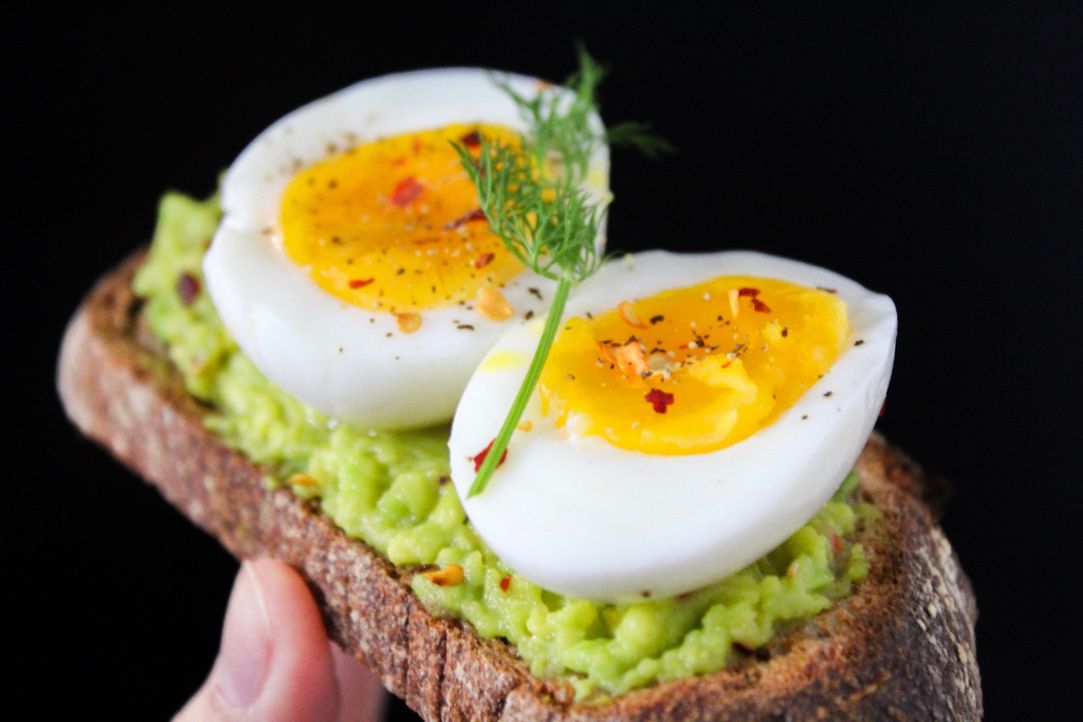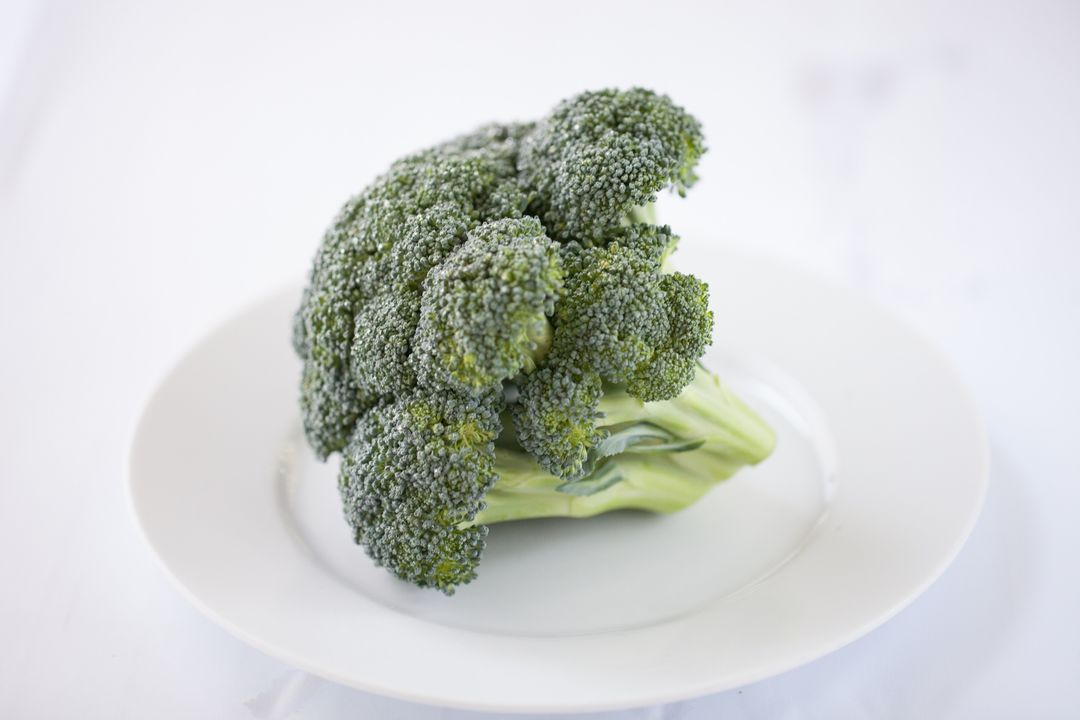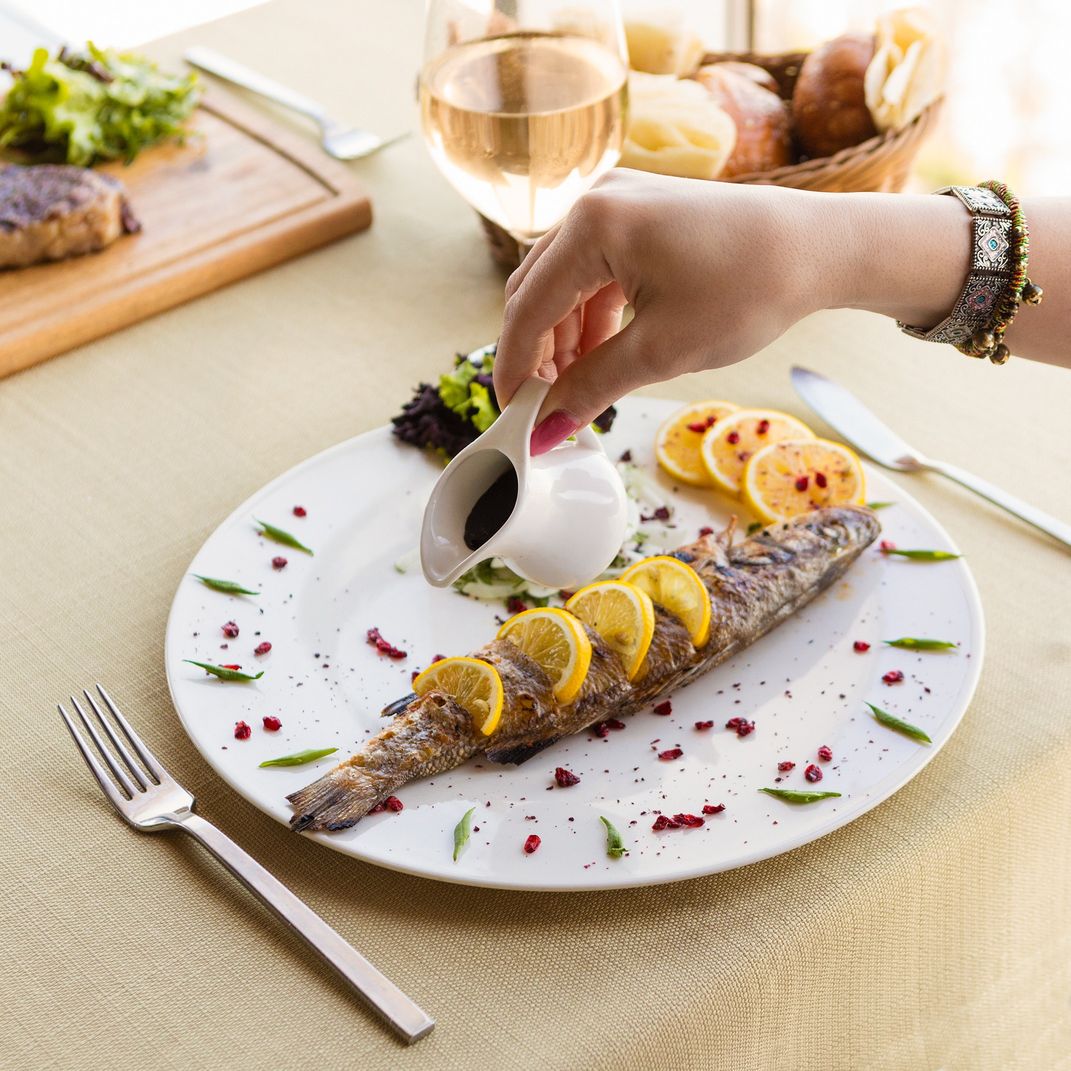Keep your skin looking younger and lower your risk of skin cancer with these foods for healthy glowing skin.
Sunscreen helps to keep your skin healthy and beautiful. Protecting it from the outside in but certain foods can shield your skin from damage from the inside out. A study published in March 2010 in the American Academy of Dermatology supports the idea that specific vitamins help protect our skin. Better yet, many of the same foods can boost your defences against skin cancer. The most common type of cancer will also help keep your skin looking younger and smoother and ward off wrinkles.
Strawberries:
Eating more vitamin C-rich foods, such as strawberries. It may help ward off wrinkles and age-related dryness suggests research from 2007 in the American Journal of Clinical Nutrition. Vitamin C’s skin-smoothing effects may be due to its ability to mop up free radicals produced from ultraviolet rays. Its role in collagen synthesis. Collagen is the fibrous protein that keeps the skin firm, and vitamin C is essential for collagen production.

Coffee:
Drinking a single cup of coffee every day may lower your risk of developing skin cancer. In one study of more than 93,000 women, those who drank one cup of caffeinated coffee a day reduced their risk of developing nonmelanoma skin cancer by about 10 per cent. And the more they drank up to about 6 cups or so per day the lower their risk. Decaf didn’t seem to offer the same protection.
Tomatoes:
Consuming more lycopene the carotenoid that makes tomatoes red may protect your skin from sunburn. In one study, participants exposed to UV light had almost 50 per cent less skin reddening after they ate 2 1⁄2 tablespoons of tomato paste. And drank about 1 2⁄3 cups of carrot juice daily, in addition to their regular diet, for 10 to 12 weeks. Supplements, however, weren’t as effective: in the same study, those who received a lycopene supplement or synthetic lycopene weren’t significantly protected against sunburn.
Tofu:
Tofu may help to preserve skin-firming collagen because it is rich in isoflavones. In a study published in the Journal of the American College of Nutrition, mice fed isoflavones and exposed to ultraviolet radiation had fewer wrinkles. And smoother skin than mice exposed to UV light but didn’t get isoflavones. The researchers believe that isoflavones help prevent collagen breakdown.
Salmon:
According to the omega-3 fatty acids, DHA and EPA (docosahexaenoic and eicosapentaenoic acids, respectively) found in salmon may shield cell walls from free-radical damage caused by UV rays 2009 study in the American Journal of Clinical Nutrition. Researchers followed the eating habits of more than 1,100 Australian adults for approximately five years. They found that for those who ate a little more than 5 ounces of omega-3-rich fish—such as salmon—each week. The development of precancerous skin lesions decreased by almost 30 per cent. Aim to eat two servings of fatty fish each week: not only are the omega-3s good for your skin, but they’re also good for your heart too.
Papaya:
Papaya is an excellent source of vitamin C—and research suggests that vitamin C may help protect skin cells against sun damage by promoting the repair of DNA that’s been harmed by UV rays. UV rays break the chemical bonds of skin cells, killing them and damaging their DNA, which may eventually cause cancerous growth. You can find vitamin C in many cosmetics—of which some are effective in protecting skin—but why not go straight to the source for a tasty boost of vitamin C.

Pink Grapefruit:
Pink grapefruit is another one of the best foods for healthy glowing skin, which gets its pink-red hue from lycopene, a carotenoid that may help keep your skin smooth. In a study published in 2008 in the European Journal of Pharmaceutics and Biopharmaceutics, researchers found that of the 20 individuals studied, those who had higher skin concentrations of lycopene had smoother skin.
Corn:
Corn is an excellent source of lutein, a type of carotenoid. Like lycopene, lutein shields your skin from UV damage. If corn is out of season, don’t hesitate to turn to frozen alternatives. Frozen vegetables may be even more healthful than some fresh produce sold in supermarkets, says Gene Lester, PhD, a plant physiologist with the USDA Agricultural Research Service. Why? Fruits and vegetables chosen for freezing tend to be processed at their peak ripeness, a time when—as a general rule—they are most nutrient-packed.

Edamame:
Edamame is another one of the best foods for healthy glowing skin. It is rich in isoflavones—and isoflavones act like antioxidants, scavenging for and mopping up harmful free radicals caused by sun exposure. Isoflavones may also help to preserve skin-firming collagen—which begins to decline to start in our twenties.
Egg Yolk:
Egg yolks are among the best foods for healthy glowing skin containing the carotenoid lutein, which protects skin from UV damage like lycopene. Lutein also helps keep eyes healthy—mounting research links lutein with reduced risk for age-related macular degeneration, the leading cause of blindness in people over 50.

Red Bell Peppers:
A medium-sized red bell pepper boasts more than 200 per cent of the daily value of vitamin C. Eating more vitamin C-rich foods may help protect skin cells from the sun’s harmful rays, as research suggests that vitamin C may promote the repair of DNA that’s been damaged by UV rays.
Tea:
Research suggests caffeine in tea (coffee too) may help protect your skin against skin cancer. Caffeine kills precancerous and ultraviolet-damaged skin cells by blocking a protein that they need to divide, explains Paul Nghiem, M.D., PhD, associate professor of dermatology at the University of Washington Medical School. In a study where mice were exposed to harmful sunburn-causing ultraviolet B rays, caffeine inhibited the formation of skin tumours.
Carrots:
Carrots contain the carotenoids beta carotene and lycopene—both of which may shield your skin against UV damage. In one study, participants exposed to UV light had almost 50 per cent less skin reddening after they drank about 1 2⁄3 cups of carrot juice or ate 2 1⁄2 tablespoons of tomato paste daily.

Soymilk:
Soymilk may help to preserve skin-firming collagen because it is rich in isoflavones. In a study published in the American College of Nutrition, mice fed isoflavones and exposed to ultraviolet radiation had fewer wrinkles and smoother skin than mice exposed to UV light but didn’t get isoflavones. The researchers believe that isoflavones help prevent collagen breakdown.
Tuna:
Tuna—and other omega-3-rich fish—may help keep your skin looking youthful and prevent skin cancer. EPA (eicosapentaenoic acid), one of the omega-3 fats in fatty fish, has been shown to preserve collagen, a fibrous protein that keeps skin firm. And EPA, in combination with the other omega-3 in fish. DHA (docosahexaenoic acid), helps prevent skin cancer by reducing inflammatory compounds that can promote tumour growth, says Homer S. Black, PhD, professor emeritus in the department of dermatology at Baylor College of Medicine in Houston. Aim to eat two servings of fatty fish each week: not only are the omega-3s good for your skin, but they’re also good for your heart too.
Broccoli:
Eating more vitamin C-rich foods, such as broccoli, may help ward off wrinkles and age-related dryness, suggests research from 2007 in the American Journal of Clinical Nutrition. Vitamin C’s skin-smoothing effects may be due to its ability to mop up free radicals produced from ultraviolet rays. Its role in synthesizing collagen. This fibrous protein keeps skin firm.

Spinach:
Spinach boasts lutein, a carotenoid that protects your skin from UV damage. When buying spinach, pick the one right up in the light: new research, published in the Journal of Agricultural and Food Chemistry, reveals that spinach stored continuously under the light for as little as three days boasted higher levels of vitamin C. And preserved levels of K, E, folate and the carotenoids lutein and zeaxanthin.
Sardines:
Sardines are one of the healthiest foods we can consume: they’re packed with the omega-3s DHA and EPA. And vitamin D, which is found naturally in very few foods. The omega-3s may shield cell walls from free-radical damage caused by UV rays, according to a 2009 study in the American Journal of Clinical Nutrition. Sardines are also quick to reproduce. And have rebounded since the Pacific fishery crashed in the 1940s. They are one of Seafood Watch’s “Super Green” sustainable choices.

Pumpkin:
Like lycopene, beta carotene the compound that makes pumpkins orange protects your skin from UV damage. Beta carotene is also converted to vitamin A in the body, which helps to keep your eyes, bones and immune system healthy.
If you want to know more about How To Get Healthy Glowing Skin Naturally, please Click Here!


Recent Comments